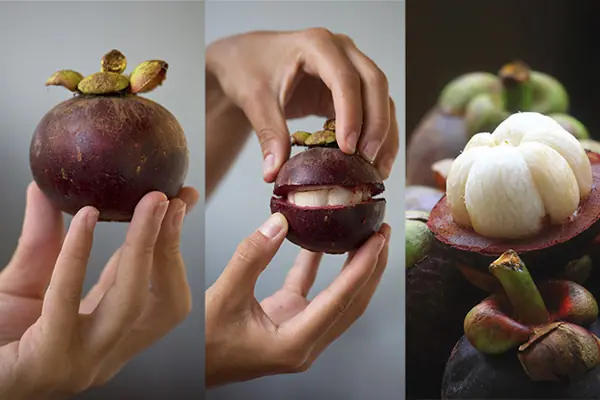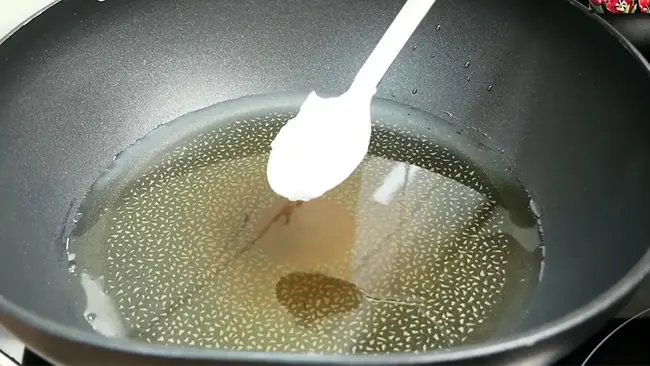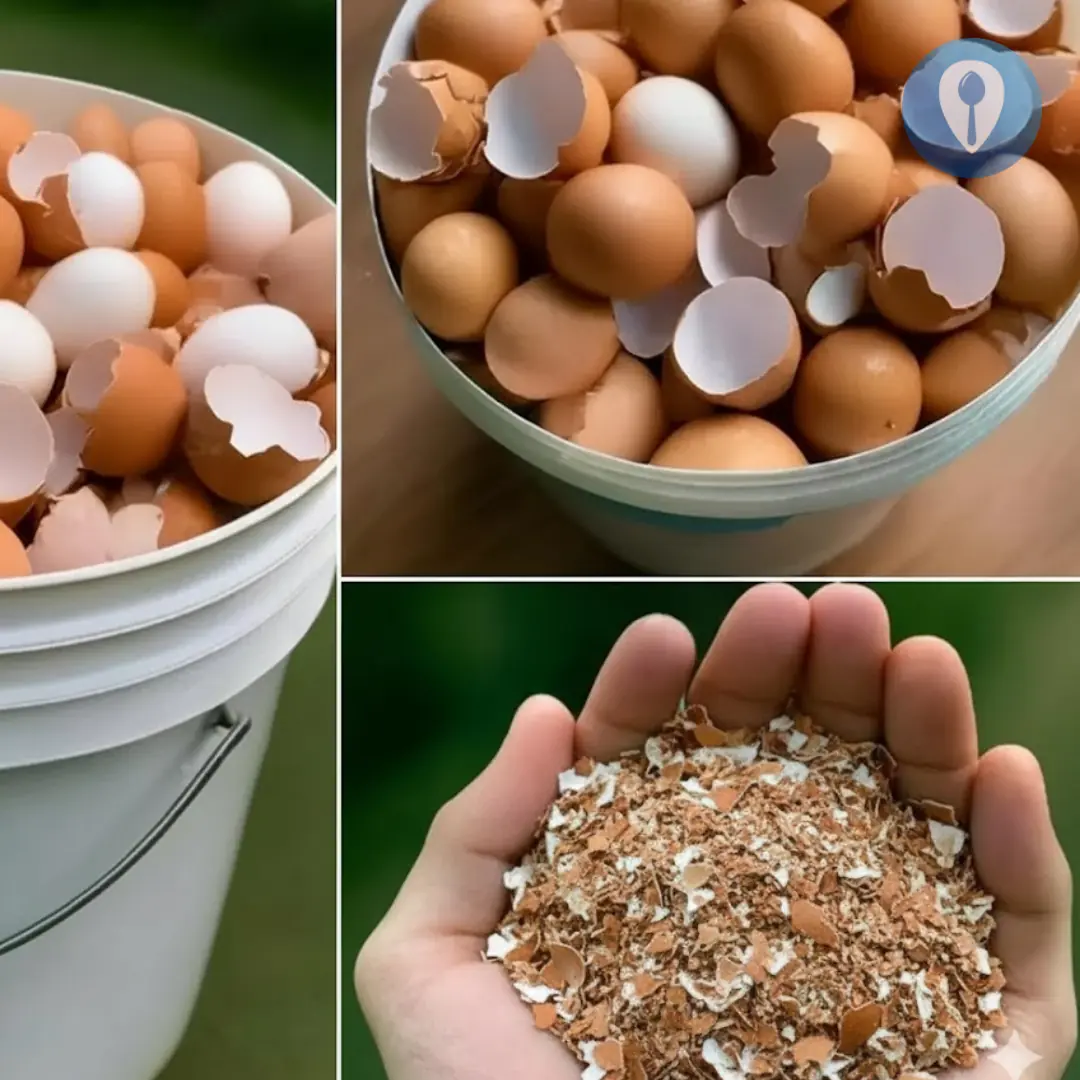
Good tips when buying eggs
Should You Choose Red or White Eggs When Buying?
Whether boiled, fried, or made into egg-based dishes, eggs are simple and convenient to prepare at home. Since eggs are a staple in daily meals, many families buy them in bulk and store them in the refrigerator. However, when purchasing eggs, many people buy impulsively without carefully inspecting each one.
People often believe that brown eggs are more nutritious than white eggs. However, the color of the eggshell has nothing to do with its nutritional value—it is purely determined by the hen’s genetics. The eggshell color does not affect the nutritional content inside. This is similar to how a child's skin color is inherited from their parents, meaning it is determined by genetics. The gene code is the factor that determines the three pigments that form the eggshell color, causing it to change color from white to reddish brown.
Many people wonder, "If genes determine the eggshell color, do they also affect the egg’s nutritional value?" Scientists sought to answer this question by analyzing and comparing the nutritional composition of brown and white eggs. The results showed that brown eggs contain 1% more lipids but 1% less protein than white eggs. Additionally, the vitamin A content in brown eggs is lower than in white eggs.
Does this difference impact human nutrient absorption? You can calculate as follows: an average egg weighs about 60 grams, with the protein content of a white egg being approximately 7.6 grams and lipid content around 5.4 grams. Compared to a white egg of the same weight, a brown egg contains about 0.076 grams less protein but 0.054 grams more lipids. These numbers indicate that the nutritional differences between the two types of eggs are negligible.
From another perspective, homemakers may notice that when brown and white eggs are stored in the refrigerator for a long time, brown eggs tend to stay fresh longer. This is because brown eggshells are thicker and harder than white eggshells, making them more resistant to bacterial contamination. Therefore, for people who do not go to the market frequently and need to store food for extended periods, brown eggs may be a better choice to maintain freshness longer.
You will often see red and white eggs mixed together in stores. Which type is better? Sometimes, red eggs are more expensive than white ones, leading some to wonder if buying them is more cost-effective. To clarify this, I asked a farm owner, and he revealed a few key tips for selecting quality eggs. Simply judging by color is not enough. Today, I will share seven methods that farm owners use to pick fresh, nutritious eggs.
1. Observe the Appearance
When buying eggs, you may notice some have dirt on the shell. Some people refuse to buy dirty eggs, assuming they are unsanitary. However, dirt on the shell can indicate that the egg is natural and fresh rather than artificially produced.
That said, not all dirty eggs are good eggs. If you see black spots on the shell, it may indicate mold, and such eggs should be avoided.
2. Check for Cracks
In supermarkets, cracked eggs are often sold at a discount. Although they may be cheaper, it is not advisable to buy them since cracks can lead to spoilage or bacterial contamination.
3. Shake the Egg
Gently pick up an egg between two fingers and shake it slightly from side to side.
If the egg shakes slightly, it is fresh.
If the egg does not shake at all, it may have been stored for a long time.
For the freshest eggs, choose those that slightly vibrate when shaken.
4. Smell the Egg
Fresh eggs should have no distinct smell—some may even have a slight natural chicken scent.
If the egg emits a strong fishy odor, it is likely rotten and should not be purchased.
5. Feel the Shell
Many people prefer eggs with smooth, clean shells, but this is not always the best way to select fresh eggs. Instead, pick up an egg and feel its texture:
A slightly rough shell with a powdery coating indicates a fresh egg.
A very smooth, shiny shell may suggest that the egg has undergone secondary processing or is artificially treated.
It is not recommended to judge freshness solely by appearance; overly clean and smooth eggs may not be natural.
6. Consider the Size
Eggs come in different sizes:
Larger eggs are often referred to as regular farm eggs.
Smaller eggs are known as pullet eggs (from young hens).
Pullet eggs are the first eggs laid by hens between 100 and 130 days old. They have:
Less fishy odor
Higher lecithin content
Lower cholesterol
Because of these benefits, pullet eggs are ideal for children, the elderly, and pregnant women.
7. Look at the Color
Eggs vary in shell color, leading to misconceptions. Traditionally, some believe that only white eggs come from native farm hens, but this is not true. The color of an eggshell is determined by protoporphyrin, a pigment in the shell.
Whether red-shelled or white-shelled, as long as the egg is fresh and undamaged, it is a good choice.
These are seven effective methods for selecting high-quality eggs. If you find them helpful, be sure to keep them in mind when shopping!
News in the same category


Stop pouring hot water down the sink — here’s why!

The Special Purpose of the Two Small Holes on Flat Plug Prongs That Many People Don’t Know

Here's how to choose delicious, sweet mangosteens – all 10 of them are perfect

A 111-year-old man eats these two foods every day—and they’re incredibly cheap at local markets

How to Quickly Eliminate Bed Bugs, Cockroaches, Fruit Flies, and Other Insects from Your Home

Mosquitoes are terrified of this leaf: Place a handful in your home and not a single one will dare to buzz around

Why do people put garlic at the head of the bed before going to sleep? The reason may surprise you.

Snakes are af.raid of these 5 plants - Plant them around your house to repel snakes and protect your family

90% of women don’t know this trick: Add this one thing to the pan and you can fry “everything” without worrying about oil splattering!

When Buying Bananas, Just Say These 3 Words — Sellers Will Think You’re an Expert and Won’t Dare to Cheat You

Stop Storing Ginger in the Fridge! Here’s How to Keep It Fresh for Up to 6 Months

Thought It Was Just Kitchen Waste, Lemon Peels Turn Out to Be a “Hidden Treasure” With 5 Little-Known Uses

Stop washing clothes the old way! Don’t just add detergent—try this quick hack and your clothes will come out like new.

Expert reveals 'military sleep method' that helps you fall asleep in just two minutes

Don’t Fry Fish with Just Oil: Add These 3 Ingredients for Golden, Crispy Fish with No Oil Splatter

Warning for Anyone Using an Air Fryer: There’s One Essential Part You Must Clean—but It’s Often Overlooked

Fridge leaking water: Don't rush to call a technician, just do this to keep your fridge running smoothly without spending money

7 Power-Hungry Home Appliances: Unplugging Them Can Save Electricity—but Also Shorten Their Lifespan

Boil eggshells and say goodbye to the …
News Post

Tips to Stop Stomach Growling

Your Thyroid Is Begging You to Stop Eating These 6 Foods Immediately!

Feng Shui masters say these 4 apartment floors bring wealth and stability — are you living on one of them?

These 4 morning symptoms may be the earliest warning of lung cancer — don’t overlook them

Doctors rarely explain it, but constant phlegm often comes down to 4 overlooked causes...

Snake bi.te - don't panic, do the following

7 household items you should NEVER unplug. Number 3 shocks everyone

Do NOT ignore these signs…

Shrimp & Bacon Cheeseburger

Singapore Chili Crab

Spicy Korean Seafood Glass Noodle Stew

Warning: Snake Plants May Be Taboo for Some Ages Planting One Could Hurt Your Finances

Warning: Certain Habits in Husbands May Increase Wives’ Can.cer Risk

If AI Keeps Growing This Fast, Which Job Will Vanish First?

A Couple Was Diagnosed With Liver Can.cer at the Same Time — Doctors Checked Their Fridge and Urgently Warned: “Throw This Out Immediately!”

5 Dangerous Conditions Your Nails Could Be Signaling

Doctors Alert: Why Some Popular Foods May Carry Parasite Risks

Strawberry Pineapple Swirled Slushies

WARNING: These 3 signs on the shoulder are signs of malig:nant tu:mors, even ca:ncer, do not ignore them
